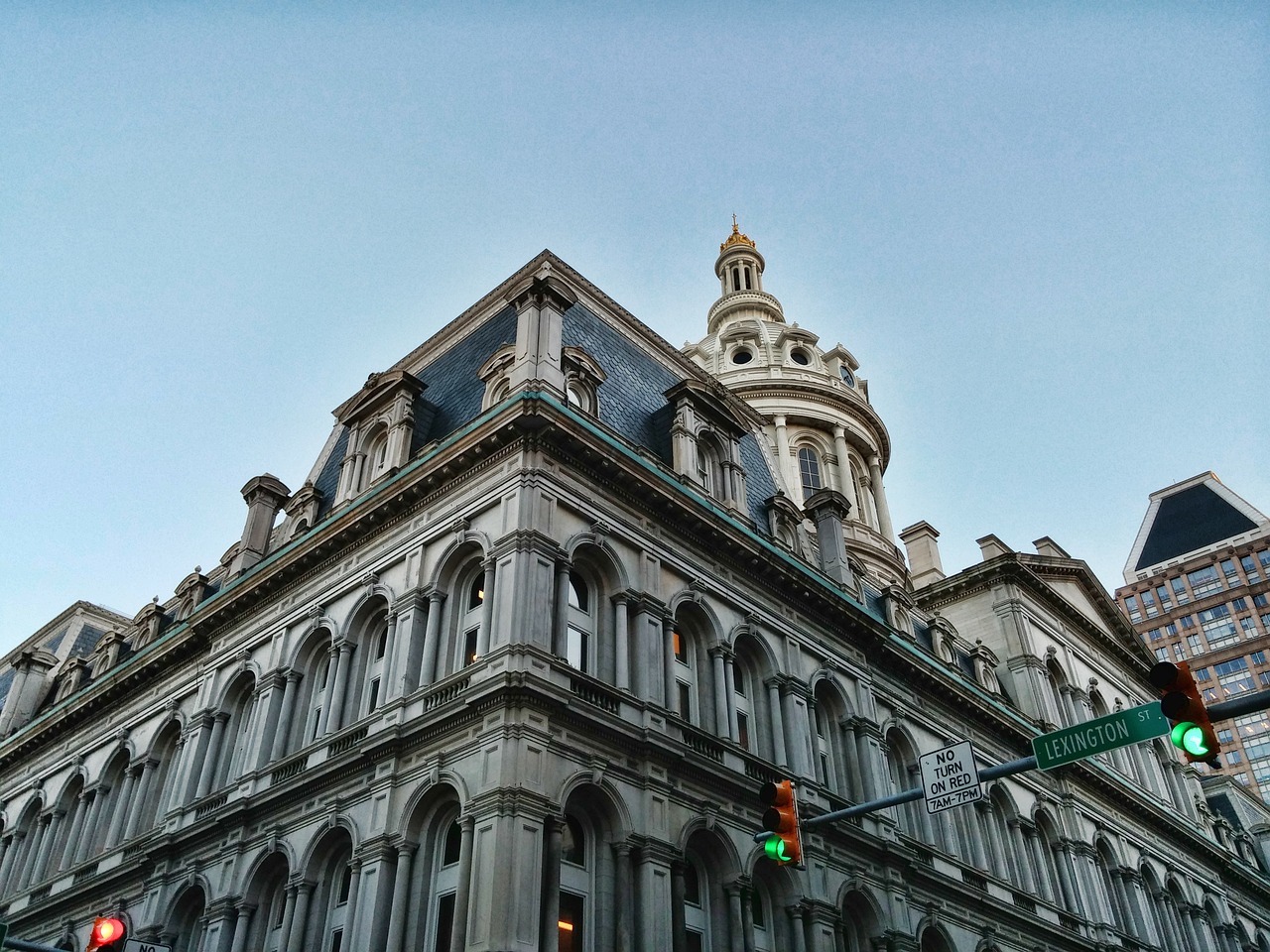ImpactAlpha, April 2 – Stormwater runoff from cities threatens water bodies worldwide. Washington, DC, in 2016 pioneered the use of “environmental impact bonds” to pay for open space, permeable pavement and other ways to capture and absorb rainwater.
Such green infrastructure can be more cost-effective than massive pipes in managing and storing water during major storms. Goldman Sachs and Calvert Impact Capital, which backed the District’s $25 million bond, will be repaid over five years, with an interest rate adjusted for how well the project performs in reducing stormwater runoff into the Potomac and other freshwater bodies.
Baltimore is looking to raise $6 million through its bond, as part of a $10 million effort to reduce polluting runoff into the Chesapeake Bay. Individuals will be able to invest in Atlanta’s environmental impact bond via the municipal bond broker-dealer Neighborly. Atlanta seeks to raise $12.9 million to minimize flooding and improve drainage on the city’s west side.
Atlanta responded to a call for environmental impact bond proposals as part of the Rockefeller Foundation’s 100 Resilient Cities initiative, while Baltimore responded to a request for proposals from the Chesapeake Bay Foundation.
Eric Letsinger of Quantified Ventures, which helped structure the offerings, said the bonds could appeal to “the capital markets, not just the impact investors” because they’re based on standard municipal bonds. “To create a real market for impact bonds, you have to have a transaction mindset rather than a consulting mindset,” he said.
“Nature reduces risk, and by necessity, we have to move away from paving everything and expensive gray infrastructure.”











